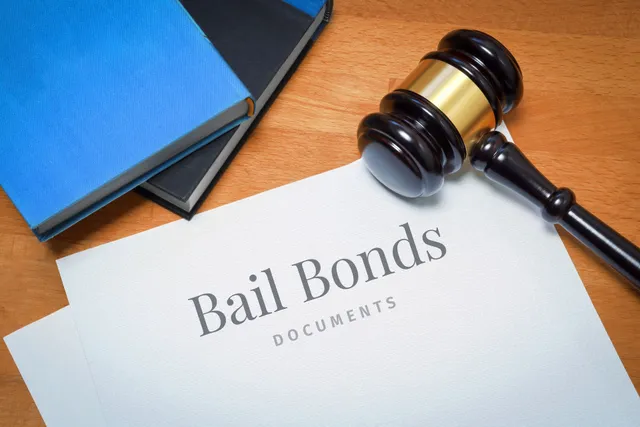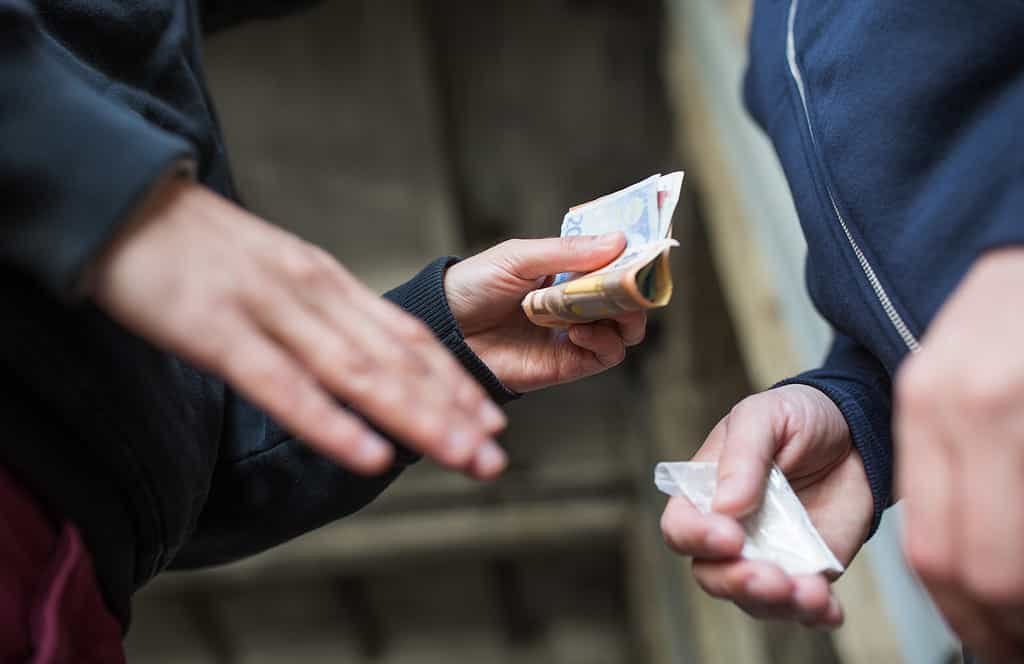Behind the Numbers: How Judges Decide Bail Amounts
In the legal world, one question often arises in the minds of many individuals as they or their loved ones face the justice system – how exactly do judges decide on bail amounts? The process, while seemingly straightforward, involves many different factors that can significantly influence the final decision.
Whether you’re someone looking for a bail bond service or simply interested in understanding the judicial process better, this blog post will shed light on the key elements judges consider when setting bail amounts.
The Role of Bail in the Justice System
Bail serves as a financial assurance that a defendant will return for their court appearances. It is a critical component of the judicial process, ensuring that the accused has an incentive to comply with the legal proceedings. However, setting the right amount is a delicate balance between ensuring attendance in court and respecting the presumption of innocence.
Understanding the Types of Bail
Before we dive into the factors, it’s essential to recognize the various types of bail:
- Cash Bail is where the defendant pays the full amount in cash.
- Surety Bond involves a bail bond agent who provides a surety for a fee.
- Personal Recognizance allows release without any financial payment, based on the defendant’s promise to return.
Each type has its own implications and influences the judge’s decision.
The Pretrial Services Report
Judges often rely on pretrial services reports that provide comprehensive background checks on defendants. These reports include criminal history, employment status, family ties, and more. They serve as a critical tool in informing bail decisions.
Factor 1 – The Severity of the Crime
The nature and severity of the alleged crime play a significant role in determining bail. More serious offenses typically result in higher bail amounts. A judge considers whether the crime was violent, involved a weapon, or caused substantial harm. For example, a charge of armed robbery will likely result in a higher bail compared to a misdemeanor theft.
Factor 2 – Defendant’s Criminal History
A defendant’s past criminal record is another crucial factor. An individual with a history of repeated offenses or previous failures to appear in court may face higher bail. Judges look at past behavior as an indicator of future actions. A clean record might contribute to a lower bail amount, signaling that the defendant poses less risk.
Factor 3 – Risk of Flight
Flight risk assessment is critical in bail decisions. Judges evaluate the likelihood of a defendant fleeing the jurisdiction to avoid trial. Factors such as strong family ties, stable employment, and long-term residence in the community can mitigate flight risk. In contrast, a lack of local connections or previous attempts to evade law enforcement can increase the bail amount.
Factor 4 – Impact on Community Safety
Judges must also consider the potential danger a defendant poses to the public. If there is a substantial threat to the safety of any person or the community at large, bail might be set higher or even denied. Cases involving domestic violence, threats, or gang-related activities often lead to more strict bail conditions.
Factor 5 – Defendant’s Financial Resources
It’s a common misconception that bail amounts are standardized. In reality, judges often tailor bail to match the defendant’s financial capacity. Setting a bail amount that is too high could be the equivalent to denying bail altogether. On the other hand, an amount too low might not serve its purpose. The aim is to ensure the defendant has a significant financial stake in returning to court.
The Influence of Public Opinion
In high-profile cases, public opinion and media coverage can subtly influence bail decisions. Judges strive to remain impartial, but the societal context and community reactions can have an impact. While not a direct factor, the environment in which the case is being heard matters.
The Role of Bail Bond Agents
For those unable to afford cash bail, Pasadena bail bond company agents offer an alternative. They provide surety bonds for a fee, typically a percentage of the total bail. Understanding this option is crucial for defendants and their families seeking immediate release.
Legal Representation’s Impact
Having skilled legal representation can significantly impact bail outcomes. Lawyers can argue for lower bail by presenting mitigating factors and demonstrating the defendant’s reliability. They help in navigating the complexities of the bail process and advocating for fair conditions.
Conditions of Release
Beyond setting bail amounts, judges may impose additional conditions for release. These could include travel restrictions, regular check-ins, or mandatory counseling. Compliance with these conditions is crucial for maintaining bail status.
Alternatives to Bail
In some jurisdictions, judges might consider alternatives to traditional bail. Electronic monitoring, house arrest, or supervised release programs serve as options, particularly when financial bail is impractical.
Wrapping Up
The judicial system aims to balance fairness with safety, ensuring that defendants have the opportunity to prepare for their trial while safeguarding community interests. For further assistance and personalized guidance, don’t hesitate to reach out to legal experts or bail bond professionals.
By grasping these nuances, you can better navigate the complexities of the bail process and advocate effectively for fair treatment. Stay informed, stay prepared, and ensure you have the support you need during this critical time.
Ready to Secure Your Loved One’s Freedom? Contact Escape Bail Bonds Today!
Navigating the bail process can be overwhelming, but you don’t have to do it alone. Escape Bail Bonds has years of experience in Los Angeles, CA, ensuring a smoother, faster release for your loved one.
Our experienced team is committed to ensuring a swift and efficient release for your loved ones.
We offer assistance over the phone in just one call. We make things easy with our digital signature process. With 24/7 availability, we cater to your needs promptly, whenever you require our services.
Don’t let the complexity of bail bonds add to your stress. Contact Escape Bail today for reliable, affordable, quick bail bond services in East Los Angeles. Your peace of mind is our top priority.

need help?
Our pre-trail release expertsare available 24/7 and areready to help secure yourfreedom.
Call us nowLearn more about best california bail bonds
Have questions?
Our pre-trail release experts are available 24/7 and are ready to help secure your freedom.





